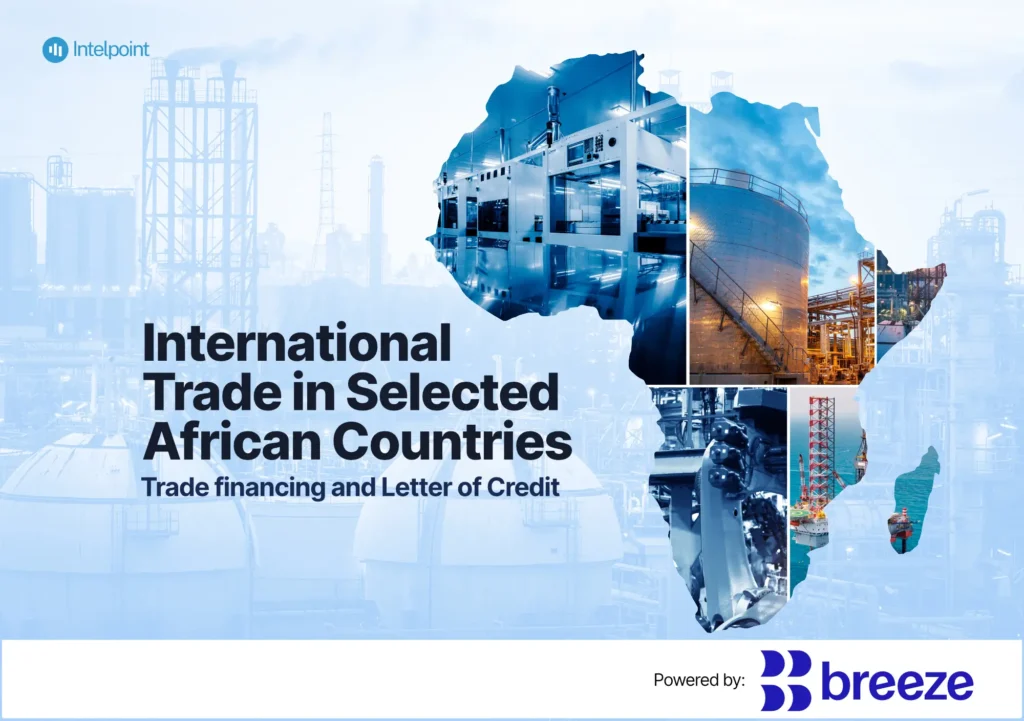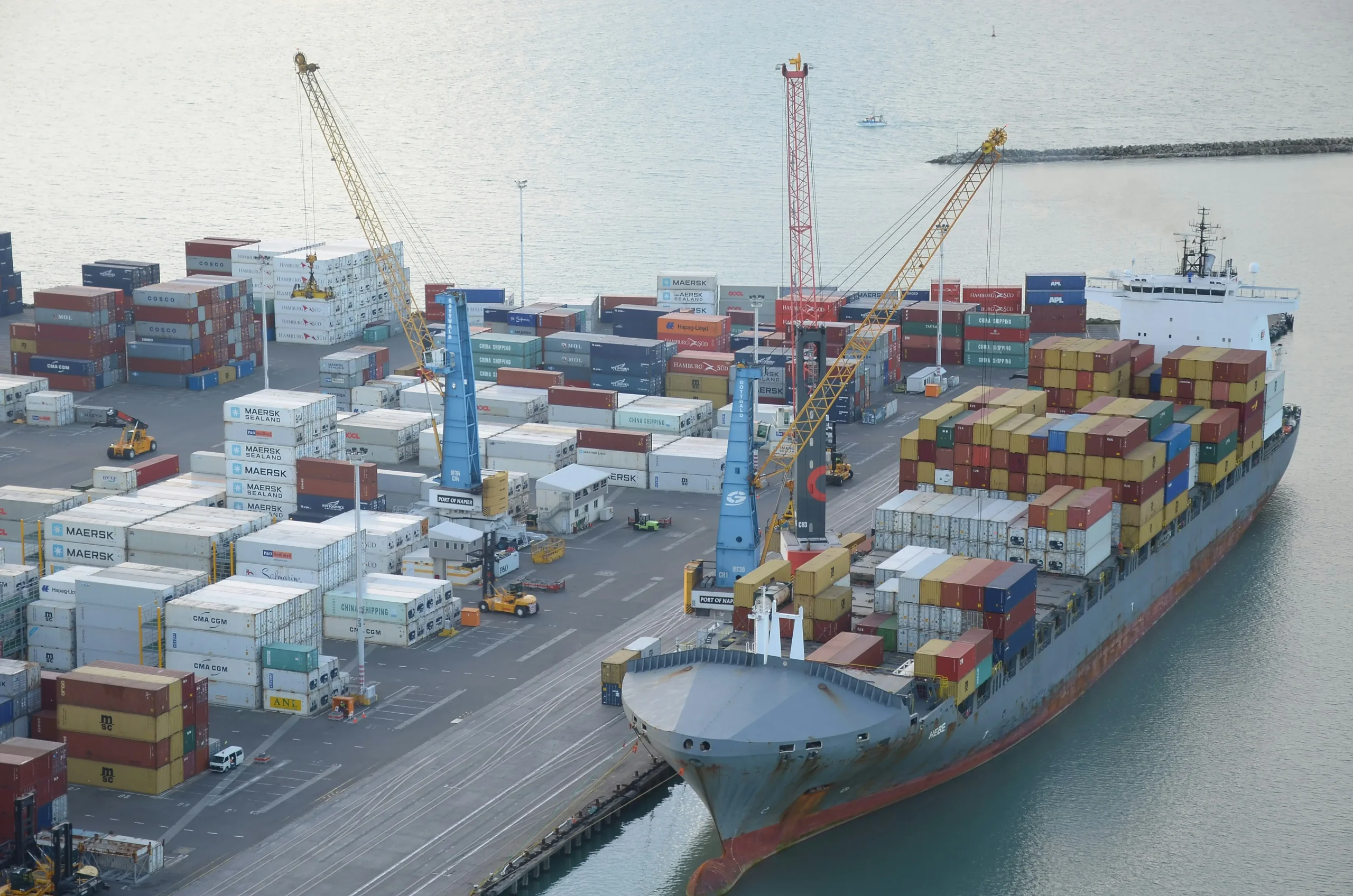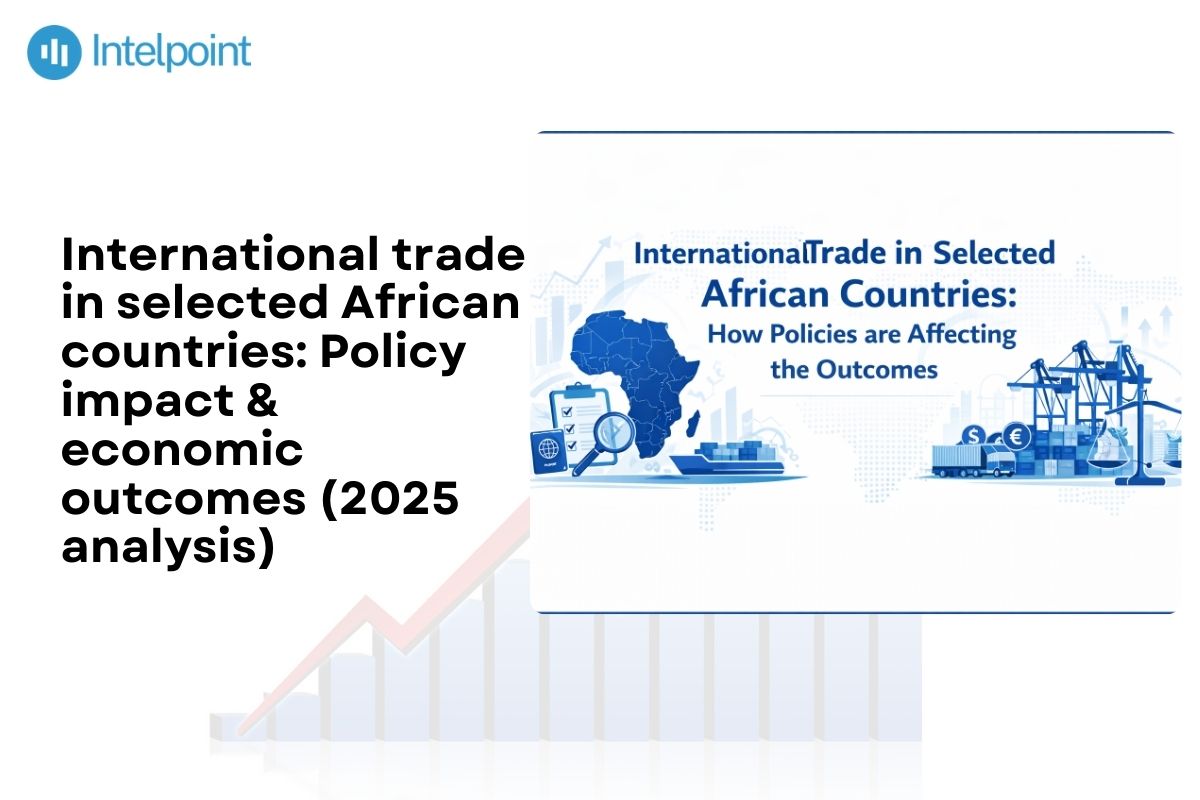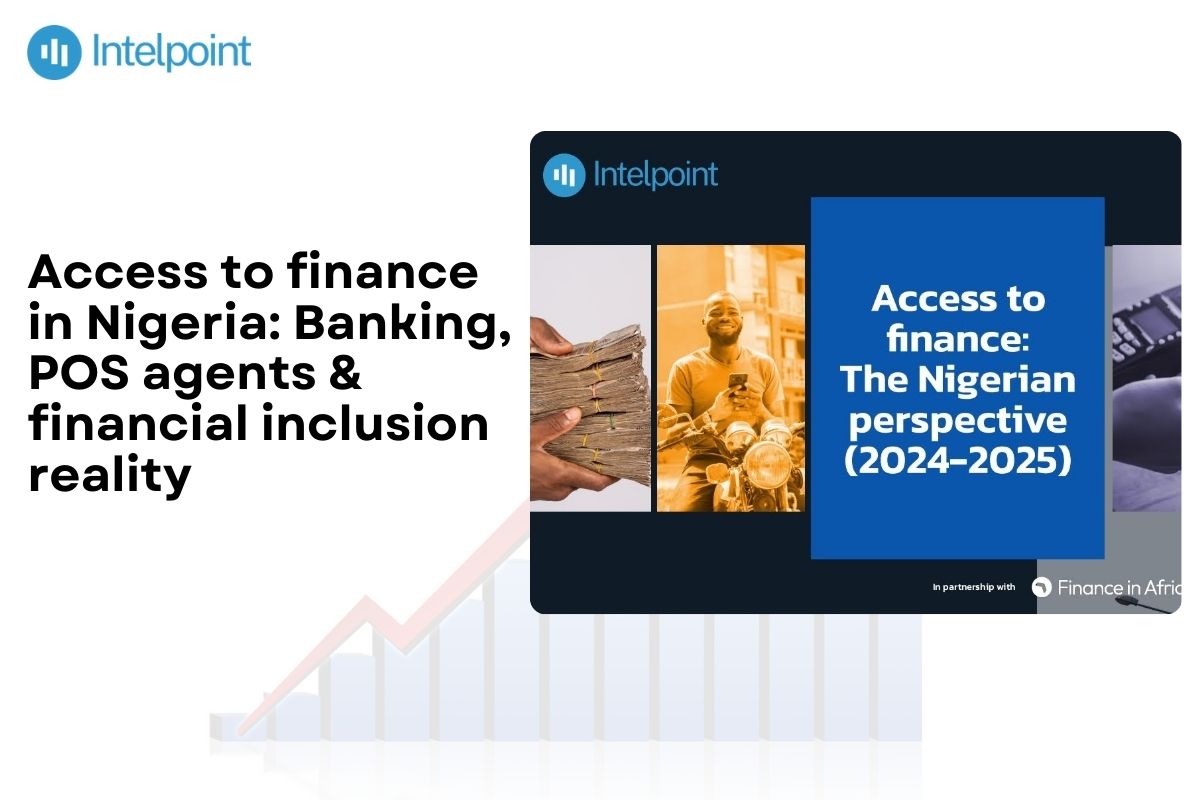International trade is poised to become a powerful engine for sustainable growth, job creation, and poverty reduction in Africa. Despite its immense potential, Africa currently accounts for only 3% of global trade. This under-representation is primarily due to persistent challenges such as inadequate infrastructure, complex regulatory barriers, and limited access to vital trade finance.
Intelpoint partnered with Breeze Africa to explore trade finance, regulatory reform, and the game-changing potential of digital innovation in international trade on the continent.
We spent months collecting trade data in selected African countries to highlight trading trends and actionable insights, among others, for the report on International Trade in Selected African Countries: Trade finance and Letter of Credit.

Key chapters from the report:
Trade finance in Africa
This chapter gives an overview of trade finance in Africa, looking at the role of the African Continental Free Trade Area (AfCFTA) agreement and the African Development Bank (AfDB), among others. It also highlights the challenges, opportunities, and prospects of trade finance in Africa.
Trade-related policies and interventions
This chapter looks at the type of trade-related policies released from 2019 to 2024 across selected countries, highlighting what each country tries to achieve with the international trade policies.
Foreign trade in selected African countries
This considers import and export trade across various countries in Africa, as well as the trends and what made up of those trade figures.
One key figure
- $1.32t: Total imports and exports trade recorded by Angola from 1990 to 2024.
Letter of Credit
This chapter gives an overview of Letters of Credit, their importance, and the parties involved. It also provides tips and checklists for a successful Letter of Credit.
One key figure:
- $1.3bm: The Central Bank of Nigeria’s payment for Letters of Credit in 2023.
The Breeze Africa story
This paints a picture of how Breeze Africa is filling the trade finance gap in Africa, highlighting some of its past Letters of Credit as case studies.
The future of African trade hinges not just on opening borders but on removing the invisible barriers of bureaucracy, inefficiency, and fragmentation. By embracing digital tools and aligning policy with innovation, Africa can unlock new economic pathways and ensure inclusive, sustainable growth.
Get the report here.




